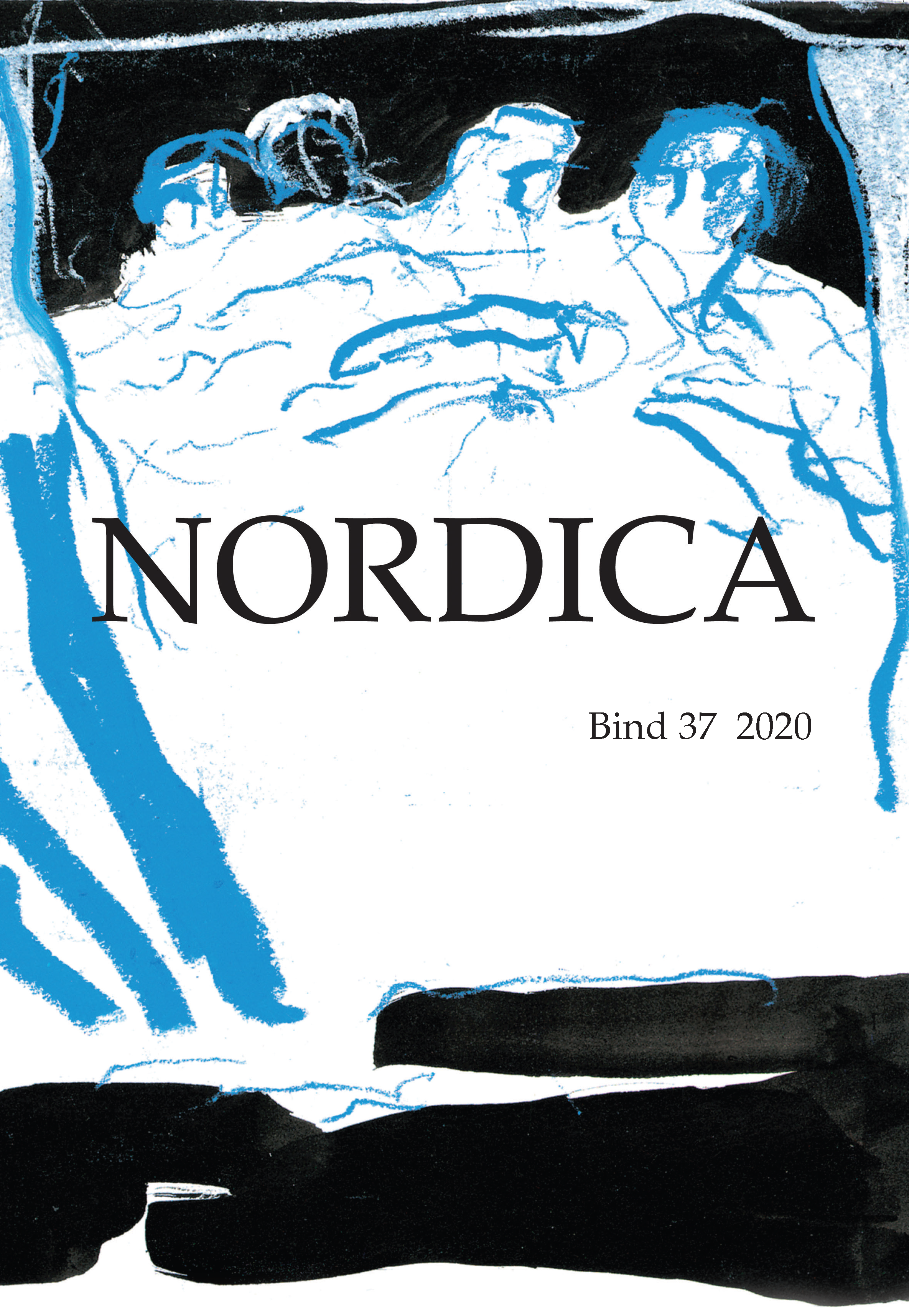Knuth Becker (1891-1974): Suppression and Vitalism
Keywords:
Knuth Becker, Indre Mission, religious criticism in Danish literature, vitalisme, Bildungsroman, Kai GøtscheAbstract
The article is a comprehensive analysis of Knuth Beckers series of nine novels (1932-56) about his alter ego Kai Gøtsche (cf. the rejected Cain of the Bible). Kai is a lively boy who is marked by the lacking understanding of his parents and the strict morals which characterize the religious movement Indre Mission. The boy is sent to a reformatory, where the children are being maltreated psychologically and physically. – Kai grows up and becomes a writer. He is rescued through his own vitalistic forces and through the encounter with a woman, who can be characterized as ”a woman of nature”, but who is depicted with more nuances than the similar type in older Danish literature. The work is a Bildungsroman determined by an individualistic and humanist ideal, but it is also a contemporary novel. Becker has also written remarkable poems which are burlesque as well as gruff. They are not commonly known, but are included in the analysis as being interesting, preliminary studies for the series of novels.
The article relates to the theme of religious criticism in Danish literature. In this respect the series of novels is related to Henrik Pontoppidans novel Lykke-Per (1898-1904) and with the poetry of Thøger Larsen and Johannes V. Jensen.
Downloads
Published
Issue
Section
License
© Redaktionen, forfatterne og Syddansk Universitetsforlag
NORDICA følger danske retningslinjer for ophavsret.
Artikler og anmeldelser, der sendes til redaktionen, må ikke tidligere være publiceret og må heller ikke være sendt til et andet tidsskrift med henblik på at komme i betragtning til at blive publiceret.
Du må downloade, printe, distribuere i dit universitets Learning Management System og linke til artikler/anmeldelser.
Du må ikke genudgive artikler/anmeldelser i andre tidsskrifter eller hos andre forlag hverken gratis eller kommercielt, medmindre rettighedshaverne giver tilladelse til det.
Artikler og anmeldelser må gerne uploades i PURE eller andet institutionelt repositorium i den accepterede, fagfællebedømte version, når det er uploadet på tidsskrift.dk – dvs. 12 mdr. efter publicering i Nordica på Syddansk Universitetsforlag og gerne med en reference hertil. Du kan også linke til tidsskrift.dk.
Open Access
NORDICA tilbyder Open Access til tidsskriftets indhold på baggrund af princippet om, at gratis offentlig adgang til forskning understøtter en større global udveksling af viden.

